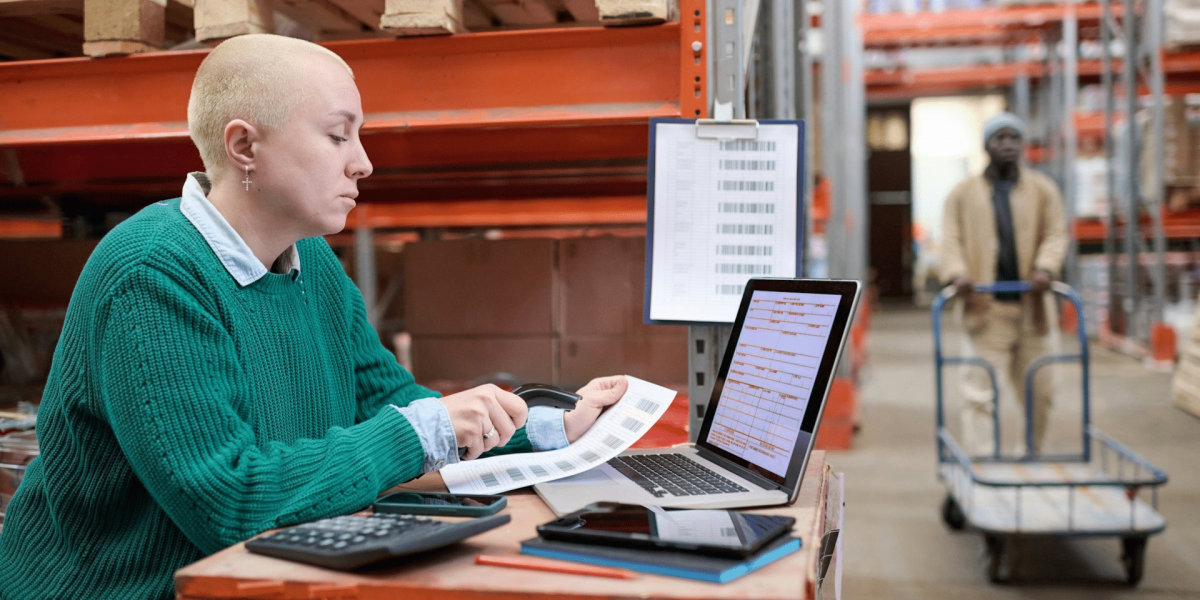Portland. We all know it for its quirky charm, artisanal coffee scene, and dedication to sustainability. But behind the scenes, a different kind of hustle keeps the city humming: the tireless work of warehouses.
These massive storage facilities are the unsung heroes of Portland’s economy, the backbone of its distribution networks. But running a warehouse in Portland isn’t all smooth sailing. Here’s a glimpse into the unique challenges these logistical giants face in the Rose City.
From Urban Sprawl to Urban Squeeze: The Shrinking Landscape of Warehousing
Imagine a game of musical chairs, but instead of chairs, it’s warehouses, and the music keeps stopping faster and faster. That’s the reality for warehouse operators in Portland. The city’s booming population and skyrocketing land prices are squeezing out these essential facilities.
The vacancy rate for industrial space in Portland is hovering around a record low. This scarcity drives up rental costs, making it difficult for warehouse operators to find affordable space, especially for larger facilities with specific needs. Imagine a company that stores temperature-controlled pharmaceuticals – they can’t just move into any available warehouse.
The squeeze isn’t just about cost; it’s about location. Many older warehouses are located in prime real estate areas, land that developers now see as prime territory for trendy condos or mixed-use developments. This urban sprawl mentality of the past is colliding with the need for efficient distribution centers in close proximity to the city center. The result? Warehouses are getting pushed further and further out, adding to transportation costs and environmental impact.
Here’s the rub: Portland thrives on its diverse businesses, from craft breweries to e-commerce startups. These businesses rely on warehouses to store their raw materials, finished products, and everything in between. Warehouses also play a crucial role in fulfilling orders and keeping the city’s supply chains running smoothly. Without readily available warehousing space, these businesses struggle to grow, and the city’s economic engine starts to sputter.
The impact goes beyond established businesses. Portland’s reputation as a hub for innovation attracts entrepreneurs with fresh ideas. But these aspiring business owners often need flexible warehousing solutions to get their products off the ground. Limited warehouse space makes it difficult for them to find the perfect fit, potentially hindering the growth of Portland’s vibrant startup scene.
From Grungy to Green: Balancing Progress with Sustainability
Portland wears its commitment to sustainability on its sleeve (or rather, its reusable tote bag). This translates to a whole new set of challenges for warehouse operators. The city has strict regulations on energy usage, waste disposal, and transportation emissions. While these regulations are crucial for protecting the environment, they also add another layer of complexity to running a warehouse efficiently.
Upgrading to energy-efficient lighting and heating systems can be a significant upfront investment. Implementing sustainable waste management practices, like recycling and composting packaging materials, requires additional infrastructure and training for staff. Optimizing delivery routes to minimize fuel consumption takes time, resources, and innovative software solutions.
These are all necessary steps to ensure Portland’s warehouses are part of the environmental solution, not the problem. But for warehouse operators, it’s a constant balancing act. They need to find ways to become more sustainable without sacrificing operational efficiency or profitability. The good news is that innovation is brewing (quite literally, in some cases, with craft beer production being a major industry in Portland).
Warehouse operators are exploring sustainable solutions like electric delivery vehicles, not just for last-mile deliveries within the city, but for regional distribution as well. Solar panel installations on warehouse rooftops are becoming increasingly common, reducing reliance on the grid. And some forward-thinking companies are even exploring vertical farming operations on underutilized warehouse space, creating a unique urban ecosystem.
Running a warehouse in Portland is no easy feat. From navigating the shrinking landscape of available space to meeting ever-increasing sustainability demands, these logistical giants face a unique set of challenges. But the ingenuity and adaptability of Portland’s warehouse operators are key to keeping the city running.
So, the next time you order something online and it arrives at your doorstep promptly, or enjoy a locally brewed beer, take a moment to appreciate the unsung heroes behind the scenes – the warehouses keeping Portland’s economic engine humming, all while striving to leave a lighter footprint on the environment. They may not be the stars of the show, but they’re the invisible force keeping the city stocked, supplied, and constantly evolving.








